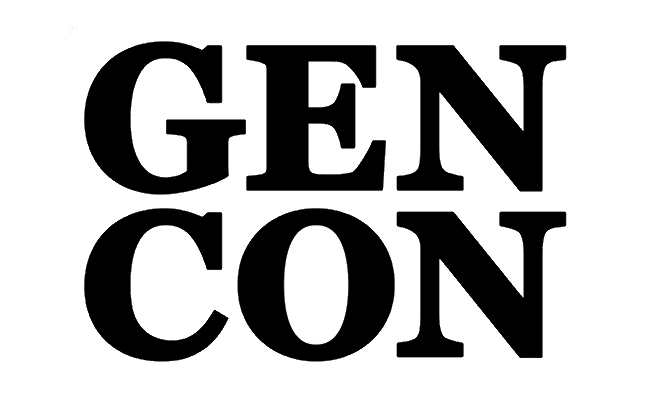Spreading it out broadly could help, but it would need to be organized well with an easily accessible (and rapidly updated) online portal.
Say a Restaurant can safely hold a dozen tables of 4-6'ish players. Probably less, maybe some can do more, but let's call it 50'ish people. You'd need hundreds of them lined up to put more than a small dent in even a fraction of the demand for play space. Now imagine game groups wandering from location to location in the July/August Indiana heat. How many would go to a handful of locations before giving up and just hanging wherever they weren't being thrown out of? There are a good number of hotels and restaurants downtown for sure, but players would need to know where there was space to go, and it would need to be updated constantly to reflect people coming and going.
Basically, it'd be a huge amount of infrastructure work to realistically balance the load across the downtown core, rather than just having everything in a couple of blocks swarming with people and things a bit further out empty. If a given stretch of restaurants/hotels could support hundreds of people in well distanced spaces, if thousands of people all show up we've just moved the same problem from the convention center to other venues, which now have the unenviable task of enforcing the rules.
Note, I'm not saying it's impossible. But for it to actually contribute extra space in a safe manner consistent with CDC guidelines, it'd probably need a very robust way to keep everyone in the loop at a glance (and that's for people who do have an internet capable phone and a data plan for the area, before someone jumps on me for not respecting those who rely on non-smartphone technology).
I mean, if travel and tourism are still mostly in the gutter, the hotels might even be eager to play ball and make this happen. But ~2.5 months out isn't much time to build and test a robust enough system to keep people spread out and avoid major bottlenecks.

